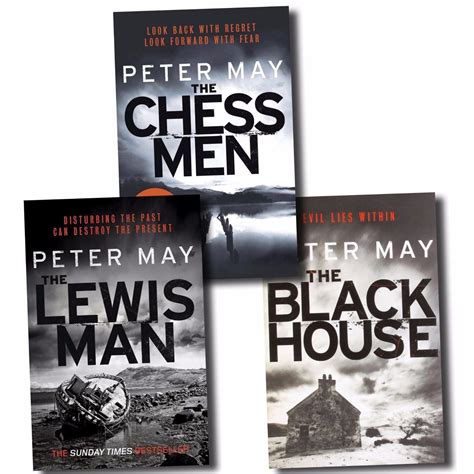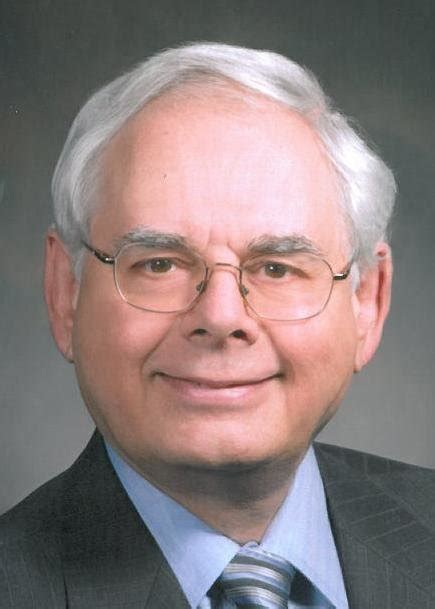A Quote by Peter Lewis Allen
Perhaps more than any other disease before or since, syphilis in early modern Europe provoked the kind of widespread moral panic that AIDS revived when it struck America in the 1980s.
Related Quotes
When I first discovered in the early 1980s the Italian espresso bars in my trip to Italy, the vision was to re-create that for America - a third place that had not existed before. Starbucks re-created that in America in our own image; a place to go other than home or work. We also created an industry that did not exist: specialty coffee.
I did not imagine that pregnant women were 'naturally' any more sensitive or exalted than people in any other condition; only it seemed as if - perhaps because we are in such a twilight state, a melting down and reconstituting of the self - there was more opportunity to hear strains from what must be the other side, the moral music of the sphere.
Contrary to received wisdom, the British are not an insular people in the conventional sense - far from it. For most of their early modern and modern history, they have had more contact with more parts of the world than almost any other nation - it is just that this contact has regularly taken the form of aggressive military and commercial enterprise.
The AIDS disease is caused by a virus, but the AIDS epidemic is not. The AIDS epidemic is fueled by stigma, by hate, by misinformation, by ignorance, by indifference. Science has accomplished miracles over the past 20 years, and science can now end this disease - but it cannot end the epidemic. We need more than medicine. We can do something about these things. We need to speak out about the changes we need to make in our society.
In Europe there's kind of a reaction to the European Union, kind of a move towards some kind of regionalization. It's more advanced in some regions than others, like in Spain for example. Catelan was repressed under Franco. People spoke it, but not publicly. It's now the language of Catelonia. The Basque language is being revived, not just the language but the culture, the folk music and everything else. So you're getting more diverse societies, and it's happening in Britain as well.
America and Europe are getting closer to each other. In the U.S. you've always had hip - hop, the blues, soul, and rock. For the last decade, there has always been a lot of electronic music in Europe. When I was just at Coachella, I noticed how the music they play there has become electronic, techno, deep house, more European - so I think it's more similar than before.



































